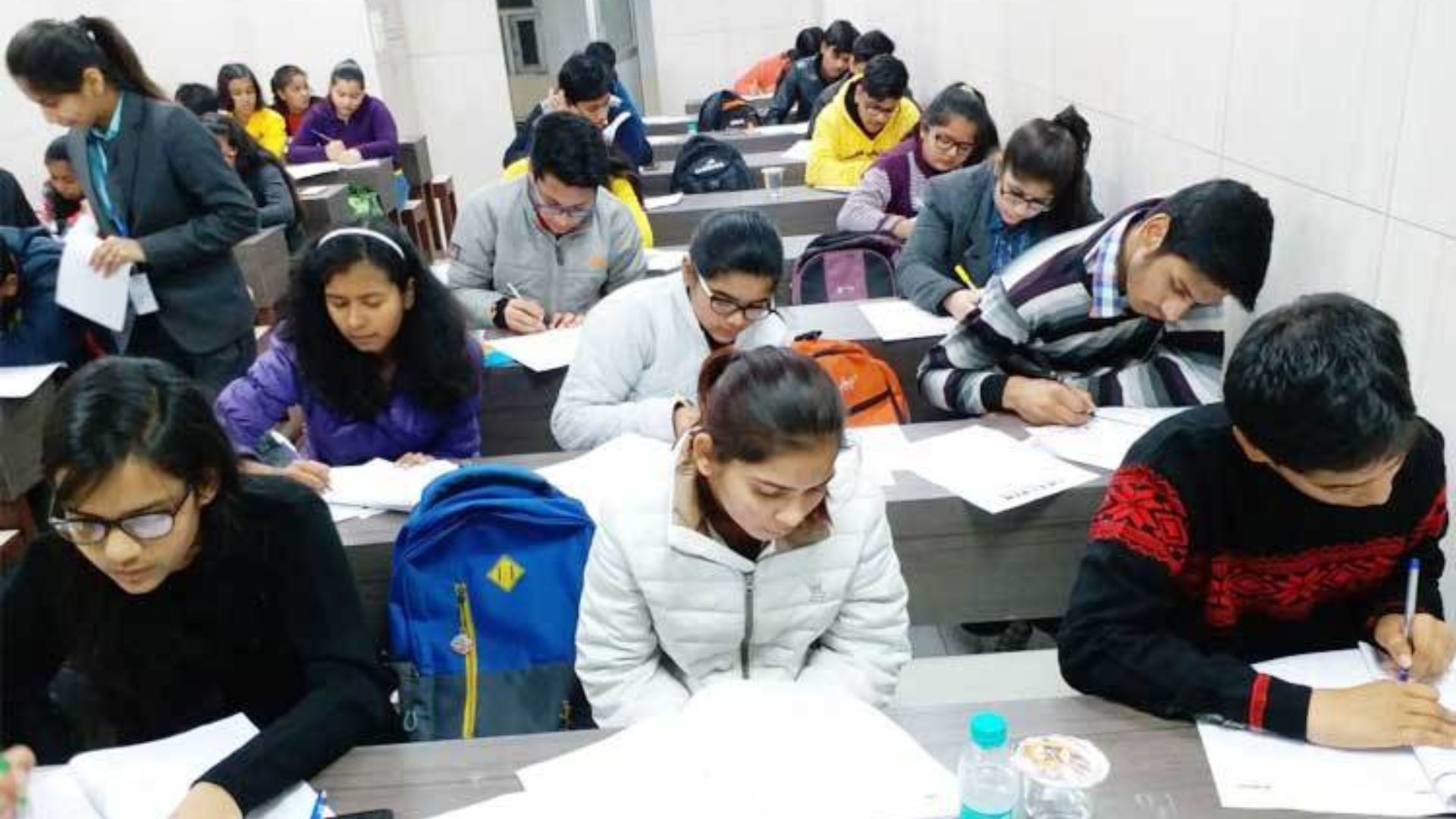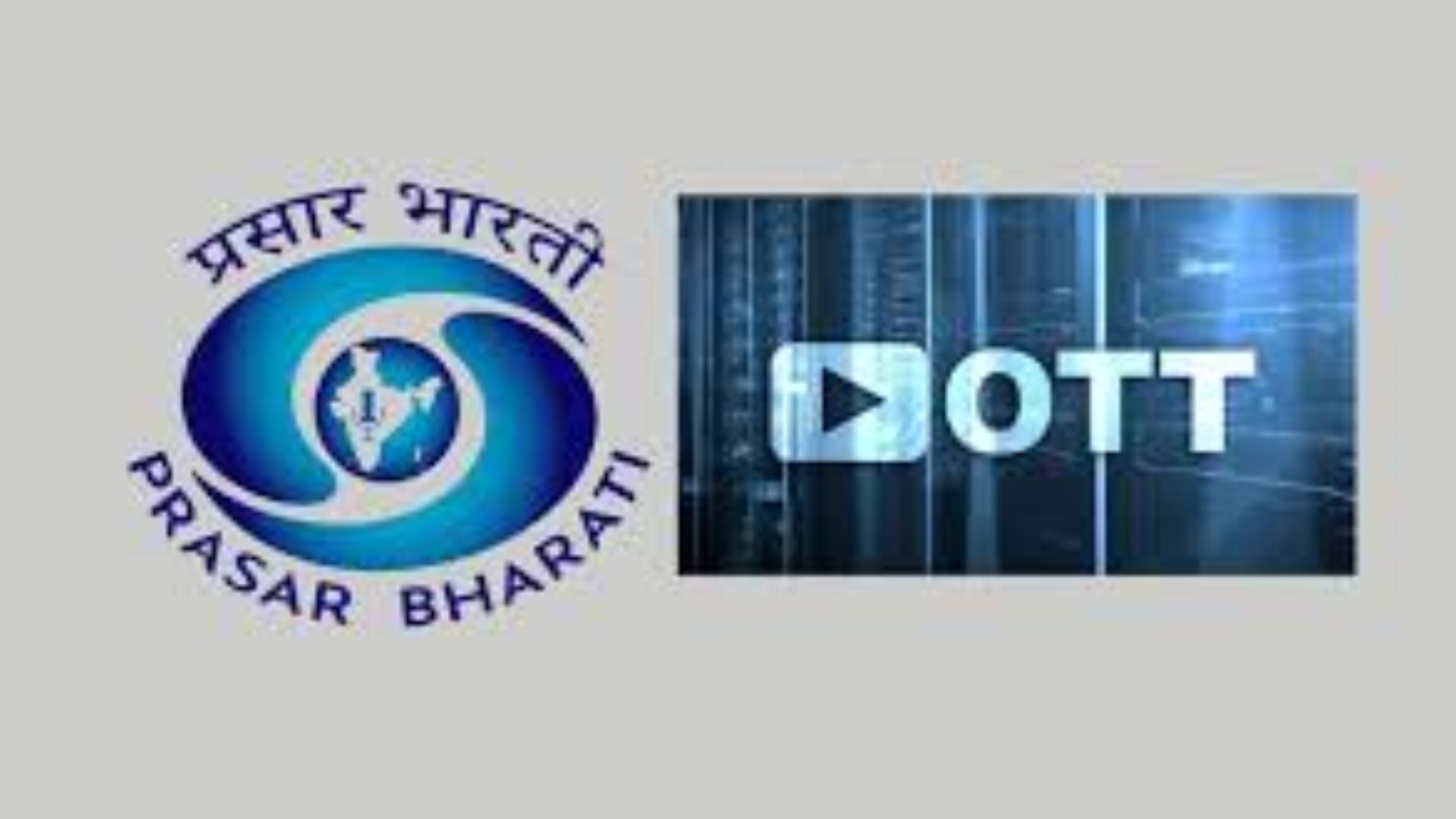The Indian government has unveiled new guidelines to tackle the rising issue of misleading advertisements by coaching centres. These regulations aim to curb false claims and protect consumers from deceptive marketing practices in the education sector. The guidelines, drafted by the Central Consumer Protection Authority (CCPA), specifically target exaggerated promises like 100% selection rates, guaranteed job security, and inflated claims about course outcomes.
New Rules to Curb False Advertising in the Coaching Industry
The latest initiative, launched on Wednesday, comes in response to numerous complaints filed with the National Consumer Helpline. According to Nidhi Khare, Consumer Affairs Secretary, the government has already issued 54 notices and imposed fines totaling around Rs 54.6 lakh on erring coaching institutes.
“We have observed coaching centres making misleading claims and withholding critical information from prospective students. Our goal is not to undermine the coaching industry but to ensure that advertisements are truthful and respect consumer rights,” Khare explained during a press conference.
Key Provisions of the New Guidelines
The guidelines specifically address the following areas to prevent misleading advertising:
- Prohibited Claims: Coaching centres are banned from making false claims about:
- Course duration and content
- Faculty qualifications and credentials
- Fee structures and refund policies
- Selection rates and exam rankings
- Job guarantees or salary increases
- Transparency in Advertising: All forms of advertising, including digital, print, and outdoor ads, must include clear and accurate information about the services offered. This includes disclosing course details, faculty credentials, infrastructure, and resources available to students.
- Testimonials and Endorsements: Coaching centres are not allowed to use the names, photos, or testimonials of successful candidates unless they have obtained written consent after the candidate’s selection. Additionally, any testimonials must be genuine and reflect the actual services used by the students.
- Disclosure of Course Information: Centres must ensure that all course details, including approval from relevant educational authorities like AICTE or UGC, are clearly stated in their advertisements.
Empowering Students: A Call for Caution
The government urges prospective students to exercise caution and verify the specifics of any course or programme before enrolling. “Many UPSC aspirants, for example, clear prelims and mains independently, opting for coaching only for interview preparation. It’s essential for students to check what exact services successful candidates were enrolled in,” said Khare.
Coaching Centres Must Comply with Consumer Protection Laws
These new provisions will be enforced under the Consumer Protection Act, and any violations will lead to penalties. This move is part of a broader effort to ensure that coaching centres maintain transparency and uphold ethical advertising practices.
Exclusions from the Guidelines
The guidelines cover all forms of advertising related to academic support, guidance, and tuition services but exclude activities like counselling, sports, and creative programmes, which are not subject to these new regulations.
















